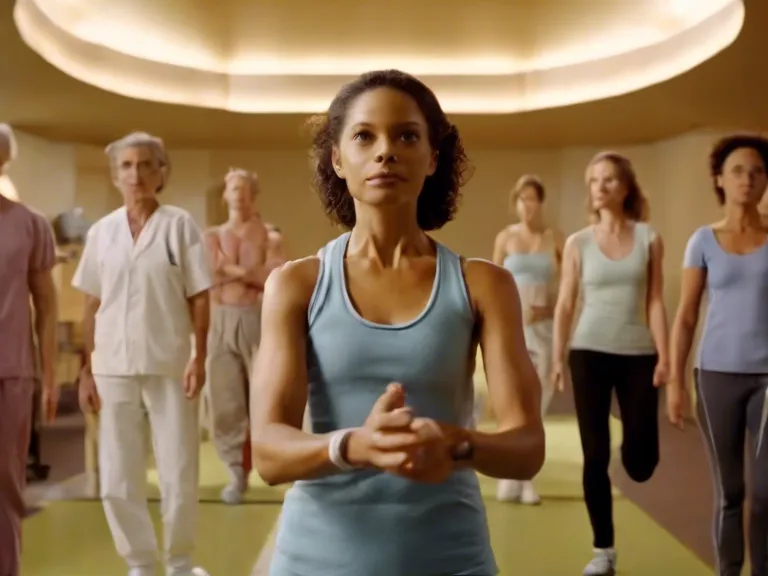
In this digital age, movies play a significant role in shaping public attitudes towards health and wellness. From inspiring fitness trends to raising awareness about mental health issues, films have the power to influence how individuals perceive and prioritize their well-being.
Through the portrayal of healthy lifestyles, exercise routines, and mindfulness practices, movies can motivate viewers to take charge of their own health. Inspirational stories of characters overcoming physical or mental health challenges can serve as a source of strength and encouragement for audience members facing similar struggles. Whether it's a sports movie showcasing the dedication and determination required to succeed, or a documentary shedding light on important health issues, films have the ability to educate and inspire positive change.
On the flip side, movies that glamorize unhealthy behaviors or unrealistic body standards can have a detrimental impact on public attitudes towards health and wellness. Images of extreme diets, substance abuse, or unhealthy relationships can perpetuate harmful stereotypes and create unrealistic expectations among viewers. It's important for filmmakers to consider the potential impact of their portrayals on public perception and strive to present a balanced and responsible representation of health-related topics.
As consumers of media, we have the power to be critical and discerning viewers. By engaging with movies that promote positive health messages and challenge harmful stereotypes, we can contribute to a culture that values and prioritizes well-being. Through meaningful dialogue and thoughtful reflection on the media we consume, we can help shape attitudes towards health and wellness in a positive direction.


